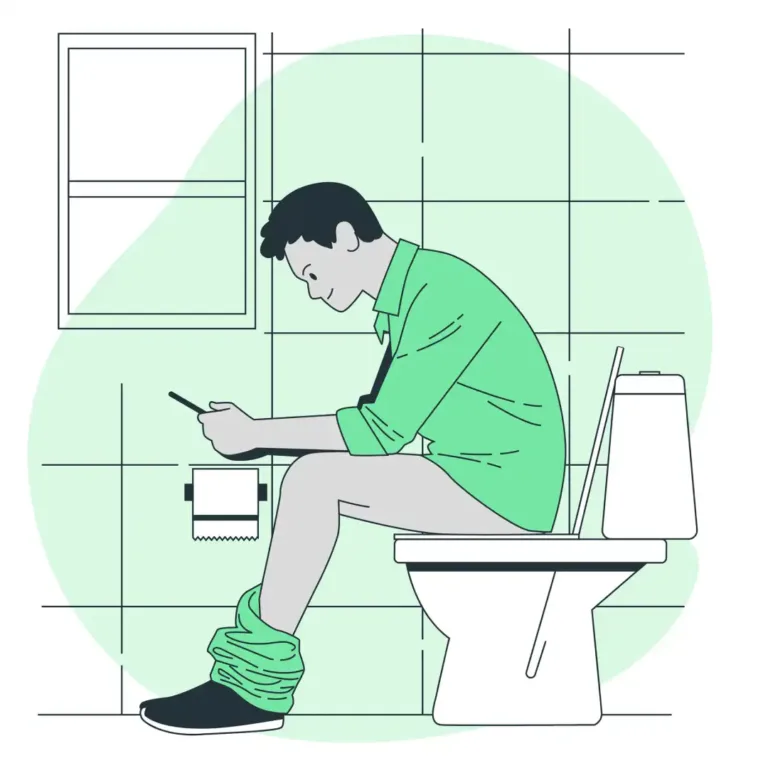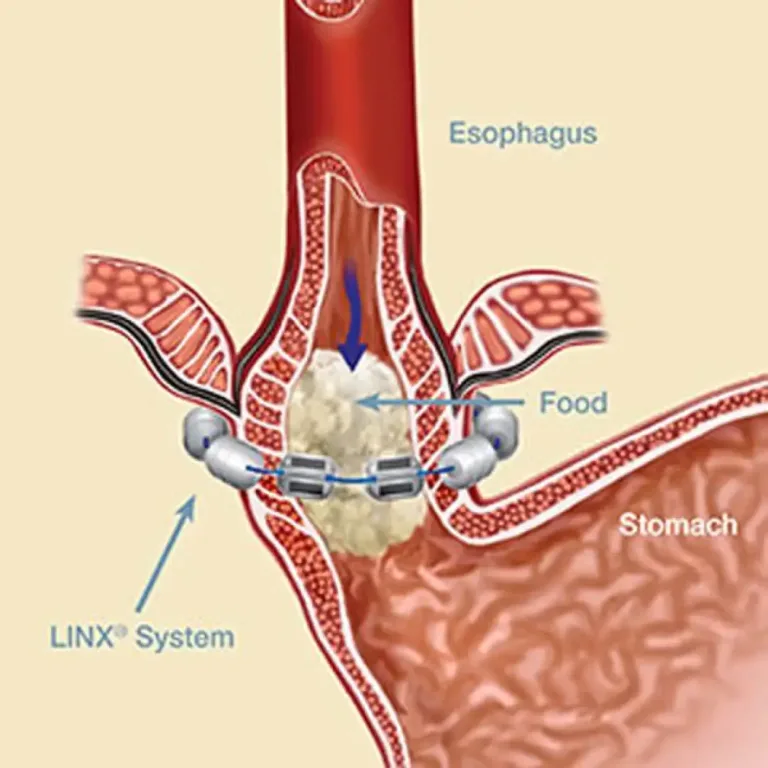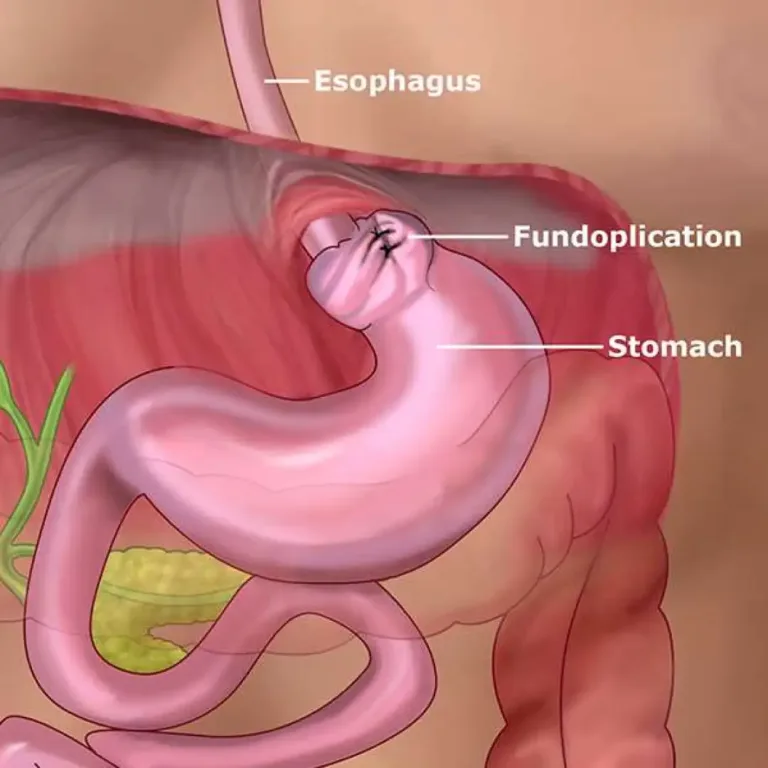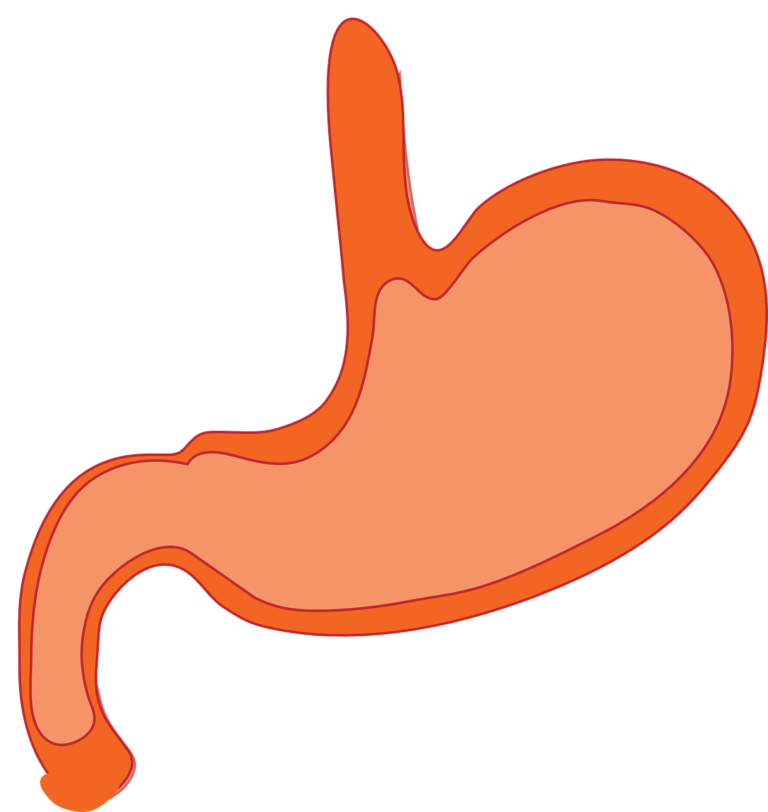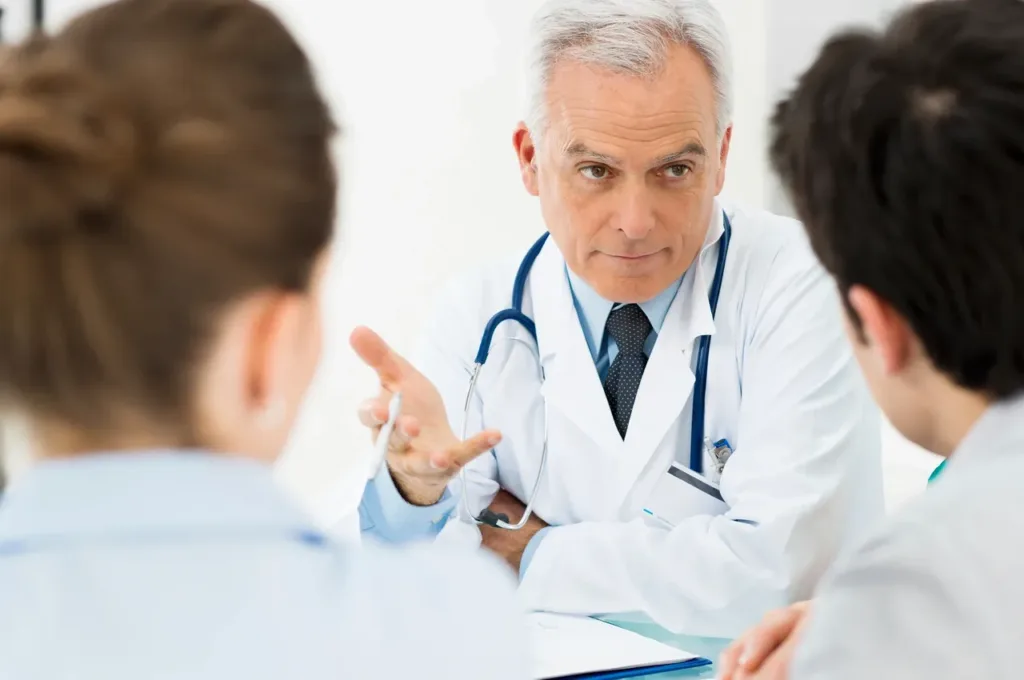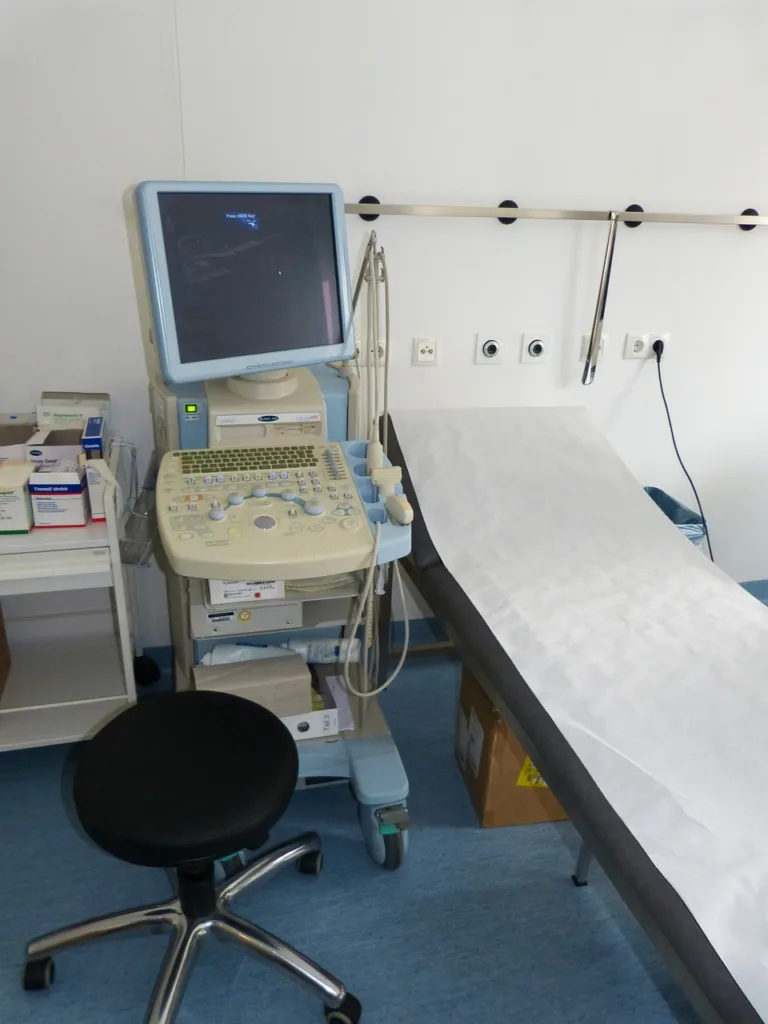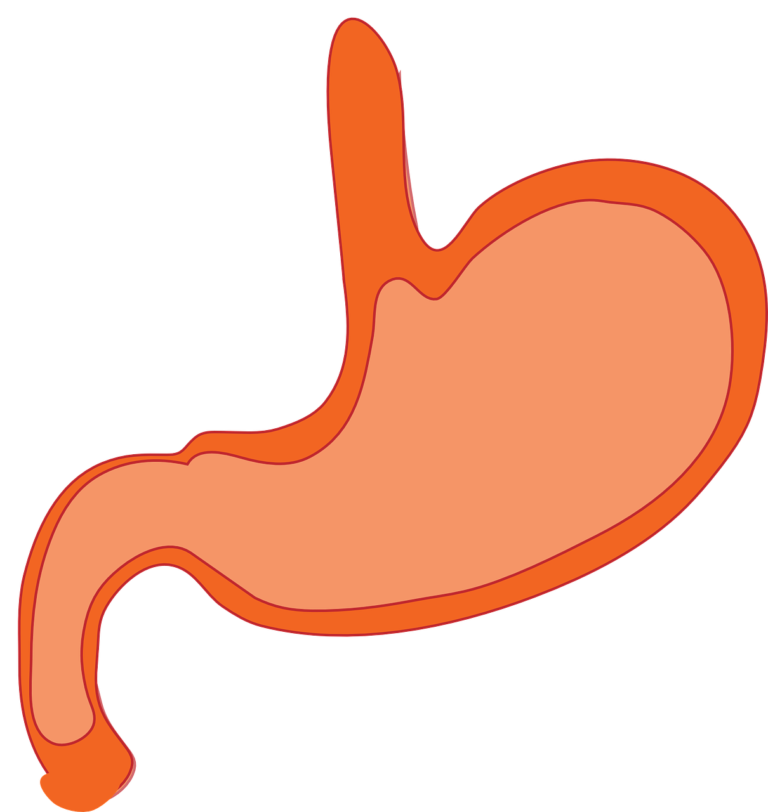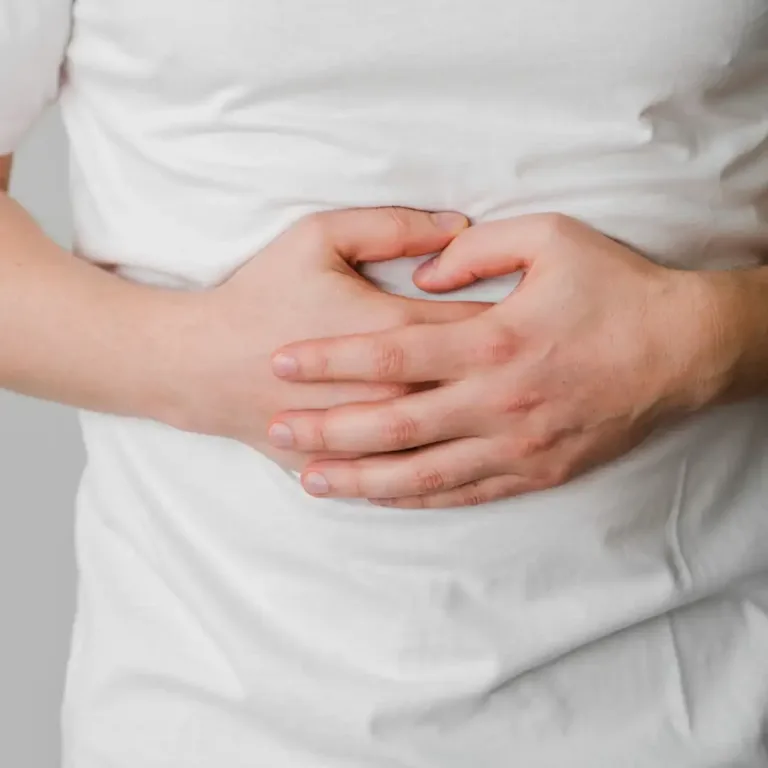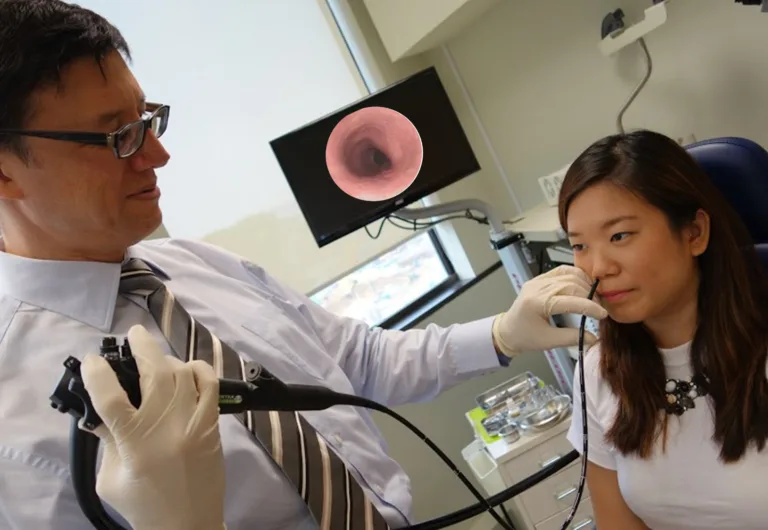Coeliac disease
FAQ
Coeliac disease
Q: What is coeliac disease?
A: Coeliac disease is a condition where the body’s immune system reacts to gluten, a protein found in wheat, barley, and rye. This reaction damages the small intestine’s lining, leading to a range of symptoms and potential long-term health complications.
Q: What are the symptoms of coeliac disease?
A: The symptoms of coeliac disease can vary from person to person but may include abdominal pain, bloating, diarrhoea, constipation, fatigue, weight loss, and nutrient deficiencies. Some people with coeliac disease may not experience any noticeable symptoms.
Q: How is coeliac disease diagnosed?
A: Coeliac disease is typically diagnosed through a combination of blood tests and a small intestine biopsy. The blood tests look for antibodies that are produced in response to gluten, while the biopsy can reveal damage to the lining of the small intestine.
Q: Is there a cure for coeliac disease?
A: There is currently no cure for coeliac disease, but a gluten-free diet can effectively manage the condition. This involves avoiding foods that contain gluten and seeking out gluten-free alternatives.
Q: What foods should I avoid if I have coeliac disease?
A: If you have coeliac disease, avoid foods containing wheat, barley, and rye. This includes bread, pasta, cereal, beer, and many processed foods. You may also need to be cautious of cross-contamination if you eat out or prepare food at home.
Q: Can coeliac disease affect fertility?
A: Some evidence suggests that coeliac disease may be associated with infertility or problems with pregnancy. This may be due to nutrient deficiencies or other factors related to the condition. However, many people with coeliac disease are able to conceive and have healthy pregnancies with proper management.
Q: Are there any health risks associated with untreated coeliac disease?
A: Yes, untreated coeliac disease can lead to a range of long-term health complications, including nutrient deficiencies, osteoporosis, anaemia, and an increased risk of certain types of cancer. It is essential to seek proper diagnosis and treatment if you suspect you may have coeliac disease.


